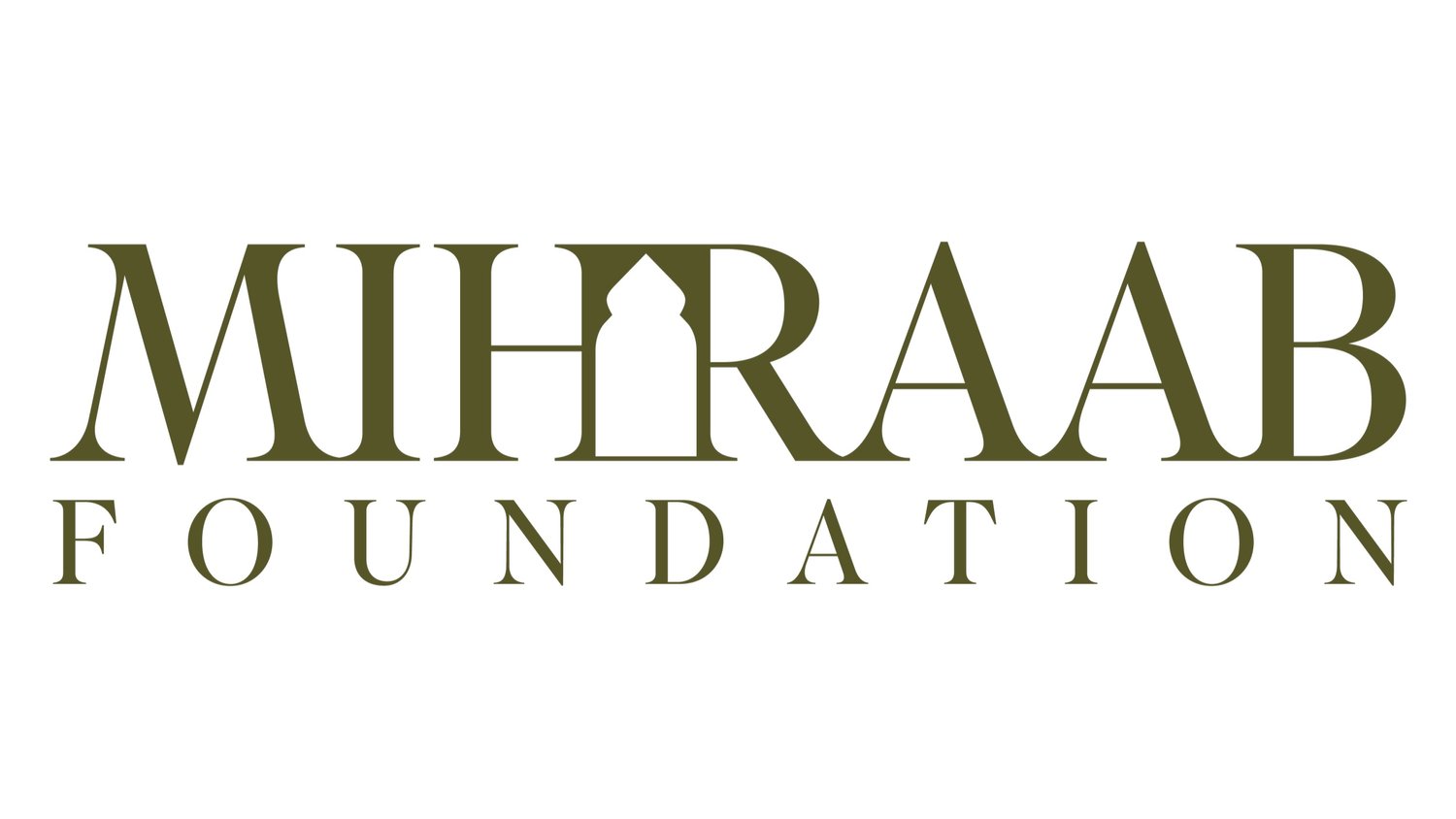Essentials of Islam Course (Extended)
The tradition of Islam, as delivered to us by the Messenger of Allah ﷺ, has always furthered itself through the prophetic method of teaching and learning, heart to heart, from teacher to student. The very essence of our practice relies on sound understanding to guide our belief and acts of worship, drawing us closer to our Creator. There is no shortage of evidence that in today’s world, we are suffering profound deficiencies in our comprehension of the Prophetic Way, but by the grace and permission of Allah, for every ailment, there exists a cure and this cure is knowledge of faith.
The Essentials of Islam Course Extended is designed to build upon what students have already learnt in the foundational classes. We have added this component in order to further the students knowledge beyond ‘ibādāt or worship, thereby contextualize Islam as a complex system of living, passed down through oral and written tradition. It is imperative that students take advantage of attending and prioritizing the foundational classes; however, students will be allowed to enroll in the extended classes without having completed the foundational.
Extended Courses
Program Overview
Every Thursday from 7:00PM – 9:30PM
MAPS (Room MPR)
17550 NE 67th Ct,
Redmond, WA 98052
Required books can be bought online. Links to the books are provided below and PDFs will be made available when possible.
Certificate of Completion given to proficient students who complete all requirements—get a passing grade in attendance and participation for Fall, Winter, and Spring Quarters.
Intention
Mustalah al-Hadith 101 & 102
Mustalah al-Hadith 101 & 102 (Foundations of Prophetic Narration)
The basis for all of the rulings in Islām are from four sources: The Noble Qur’ān, The Honorable Hadīth, Consensus of the ‘ulemā’ (scholars) of Islām, and Qiyās (analogy) on existing rulings.
The 2nd source, hadīth of the Prophet Muhammad (s), is one of great importance and second only to the Noble Qur’ān. Thus it is crucial in understanding how to approach the Noble hadīth. What does it mean for a hadīth to be mutawātir, sahīh, hasan, da’īf, mawdū’, etc., etc? What does it mean to study hadīth? “A question commonly posed in different circles is: if we all refer to the same sacred texts of the Quran and Sunnah for guidance, why are there so many differences between the schools of Islamic law (madhahib)? In other words, why did the great jurists (fuqaha) of Islam such as the four main Imams and their students differ in their opinions and rulings? This work attempts to answer this very question, focusing on one aspect, namely: how different understandings of the hadith literature influenced and shaped these differences in opinion.
In addition, the author responds to some of the misgivings and objections which some people levy against these distinguished luminaries of Islam” (Publisher). “In benefitting from it my soul delighted and my heart was gladdened. Every teacher and student ought to study it, for it averts deviation and oppression and delivers from the criticism directed at the Imams by those who harbour enmity towards them and those who are deprived [of good]” (Mawlana Muhammad Zakariya al-Kandahlawi)."
Instructor
Shaykh Umair Ahmad
Required textbook
The Influence of the Noble Hadith upon the Differences of Opinion amongst the Jurist Imams by Shaykh Muhammad ‘Awwamah (Author). Paperback: 238 pages. Publisher: Turath Publishing (January 31, 2014). Language: English. ISBN-13: 978-1906949259."

![Mustalah al-Hadith 101 & 102 (Foudations of Prophetic Narration) [Thu 7PM-9:30PM]](https://images.squarespace-cdn.com/content/v1/5d5c9ccd82cb3e0001da8600/1712307559267-L83F8X52ACLFXW0R5RMS/EIC+Spring+Quarter+2024-01.jpg)